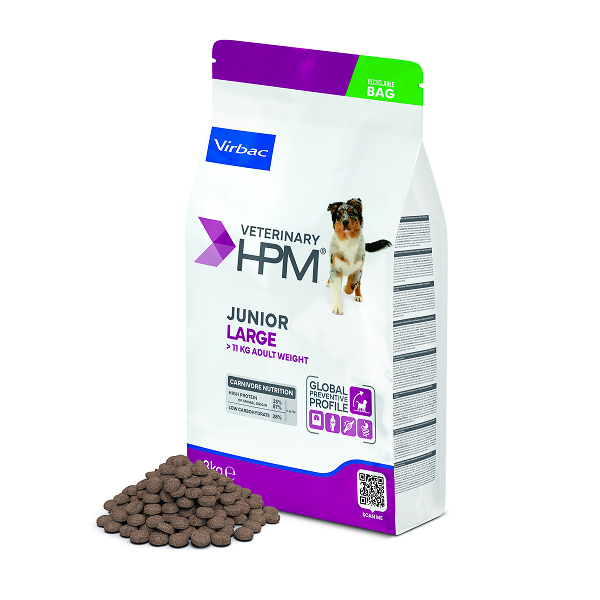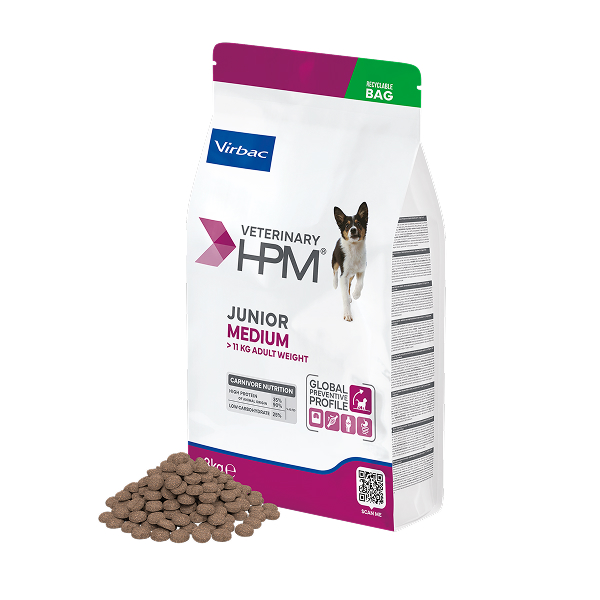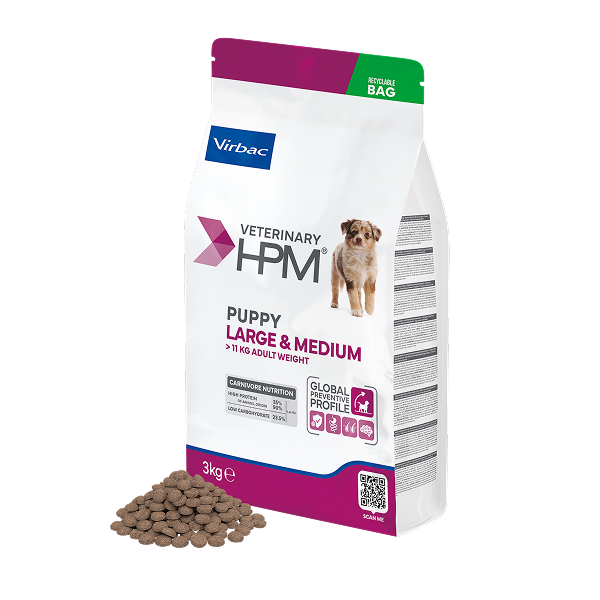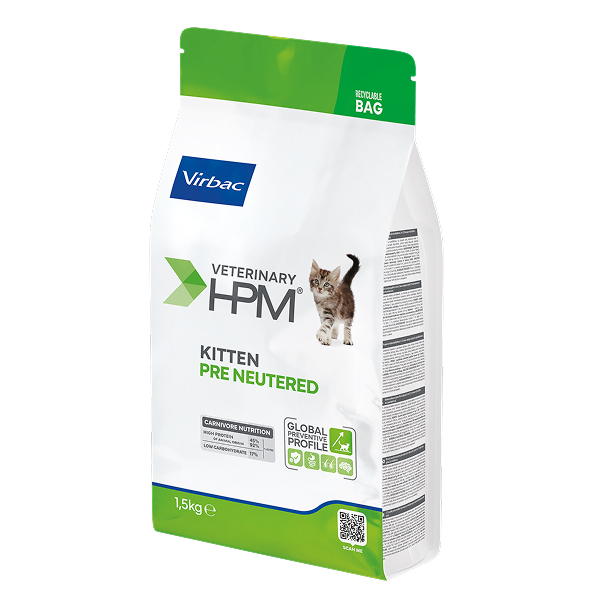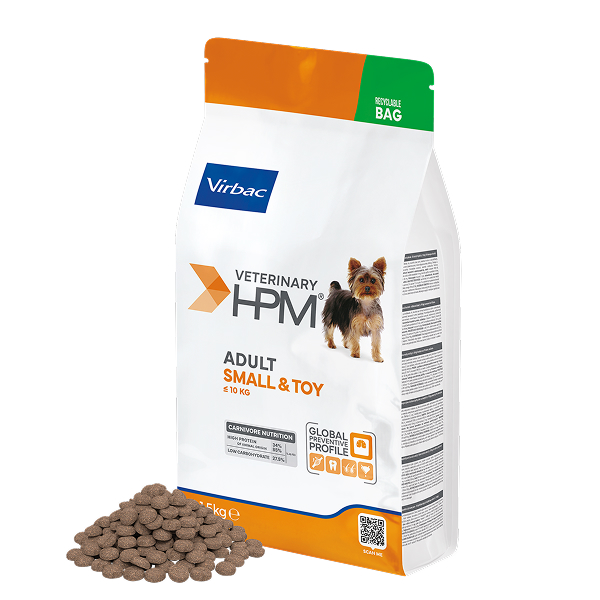
Myth vs. Facts on Pet Foods for Cats and Dogs
As loving pet owners, we always want the best for our furry companions. One of the most significant aspects of our pet health is their diet. However, with the abundance of information available, it's easy to fall victim to myths and misconceptions surrounding pet food for cats and dogs and finding the best cat food and dog food is not easy. Let us burst some prevalent myths and present the facts to help you make informed decisions for your four-legged friends.
Myth 1: High Protein Pet Food Causes Kidney Disease
Fact: Diets that Have High-Quality Protein are Best Digested and are Safe for Pets
There's a common misconception that high protein diets can lead to kidney disease in pets. However, the truth lies in the quality of the protein and not just the quantity. Protein is essential for muscular growth, immune function, and overall pet health. It's important to understand that both the quality and quantity of protein matter.
High-quality protein sources, particularly animal proteins, are rich in essential amino acids that are easily digestible and well utilized by your pet's body. Proteins rich in muscle tissue and restricted in bones, cartilage and by-products do not burden the kidney.
Consulting your veterinarian is crucial when selecting a pet food brand. A reputable brand will offer a balance of both high-quality and sufficient quantity of protein that suits your pet's specific needs.
Myth 2: All Pet Foods Use By-Products of Inferior Quality
Fact: Premium Pet Foods Aim to Use High-Quality Ingredients
It is a common myth that pet foods are filled with low-quality by-products. While it's true that some low-end pet foods might use less desirable ingredients, many premium pet food brands prioritize high-quality ingredients. When browsing for pet food, always read the label carefully and pay attention to the ingredient list and nutritional composition.
Premium pet foods often contain whole meats, grains, and vegetables that provide a balanced ratio of essential nutrients. These carefully selected ingredients contribute to your pet's overall health, energy levels, and longevity. While home-cooked meals might seem like a healthier alternative, creating a perfectly balanced diet can be challenging and time-consuming.
Myth 3: Raw Diets are Better for Your Pet than Cooked Diets
Fact: Freshly Cooked Diets are Unlikely to be Contaminated and are Safer to Consume
Raw diets have gained popularity among pet owners who believe that they mimic the natural diets of cats and dogs. However, raw diets come with certain risks, such as bacterial contamination that can be harmful to both pets and humans.
Cooking meats thoroughly eliminates the risk of harmful bacteria and parasites, making the food safer for consumption. Freshly cooked diets can provide the necessary nutrients while reducing the potential health risks associated with raw diets.
Before making any significant changes to your pet's diet, it's essential to consult your veterinarian. They can provide personalized guidance based on your pet's specific needs, health condition, and dietary requirements.
To Conclude
Understanding the difference between myths and facts about pet foods is crucial for your pet's well-being. It is also important to consult your veterinarian before making any changes to your pet's diet to ensure they receive the best nutrition and care possible. Your furry companions deserve nothing less!



